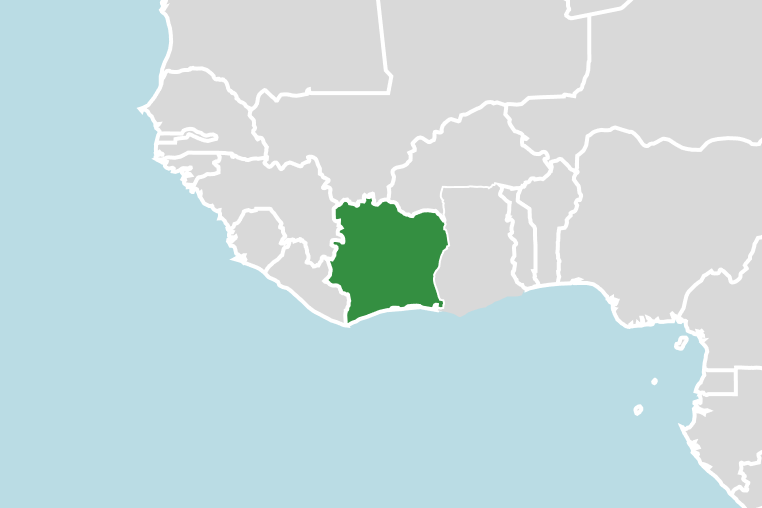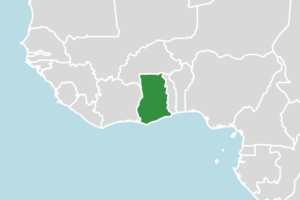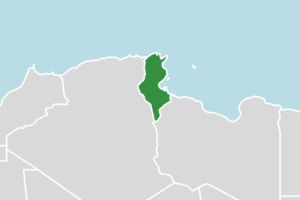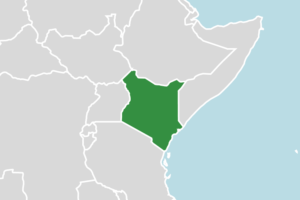Côte d’Ivoire: West Africa's fast-performing powerhouse

Côte d’Ivoire is the world’s top exporter of cocoa and raw cashew nuts, is a net exporter of oil, and has a significant manufacturing sector. The West African nation has achieved rapid, sustained economic growth for nearly a decade.
According to the World Bank, Côte d’Ivoire averaged an 8.2% growth rate between 2012 and 2019, and then successfully contained the Covid-19 pandemic to manage a rate of 2% in 2020. By 2022 and 2023, it had recovered to an average of 6% growth.
Unfortunately, this growth has not been inclusive enough. According to Germany’s Federal Ministry for Economic Cooperation and Development (BMZ), some 40% of Côte d’Ivoire’s population is food insecure and living below the poverty line.
The AfCFTA’s potential to deepen Côte d’Ivoire’s growth
Côte d’Ivoire has proactively sought and nurtured trade ties with other countries. It has been a member of the World Trade Organization since its creation and is also a member of the Economic Community of West African States (ECOWAS).
Côte d’Ivoire ratified the African Continental Free Trade Area (AfCFTA) agreement in 2018.
For Côte d’Ivoire, the implementation of the AfCFTA agreement will significantly increase exports beyond ECOWAS to the rest of Africa. The country’s industrial sector is expected to benefit the most, making the AfCFTA an opportunity for industrialisation and a tool for the structural transformation of the economy.
How GIZ is supporting Côte d’Ivoire’s implementation of the AfCFTA
GIZ’s Programme Support to the AfCFTA provides advisory services on trade policy issues. The programme follows a three-level approach: continental, regional and national.
In 2020 and 2021, the programme provided support to three regional economic communities: the East African Community (EAC), the Economic Community of West African States (ECOWAS) and the Southern African Development Community (SADC). Furthermore, the programme supports AfCFTA implementation in 10 member states: Côte d’Ivoire, Democratic Republic of the Congo, Ethiopia, Ghana, Kenya, Malawi, Niger, Rwanda, Tunisia and Zambia.
It focuses its support on the following key areas:
In Côte d’Ivoire, the GIZ programme is supporting the country’s AfCFTA national committee with negotiations on and implementation of the AfCFTA. The project is also helping Ivorian businesses take advantage of the opportunities offered by the AfCFTA.
Empowering Businesses, Women, and Youth in Regional Trade
GIZ supported the meetings of four technical working groups of Côte d’Ivoire’s AfCFTA national committee, the preparation of communication materials and the sharing of experiences with Rwanda on trade promotion issues.
In terms of trade in services, the project facilitated a regulatory audit, developed an action plan for priority sectors and strengthened the country’s capacity for negotiation.
Several training workshops on subjects relating to trade in goods and electronic commerce were organised for the benefit of trade support institutions and the private sector, particularly small and medium enterprises.
Studies and analytical documents were drawn up to support negotiations and the implementation of Côte d’Ivoire’s commitments on trade facilitation, trade in services, investment and electronic commerce.
And, five national consultations were held to identify the constraints and needs of women and young people in the context of cross-border trade.
Related Content



